Eight years after vanishing from his life, my son’s biological mother showed up on our doorstep, claiming she wanted him back. I shut the door in her face, certain he would stay with me. But the next morning, his bed was empty… and I realized the fight for my son wasn’t over yet.
The night Max came into my life, rain pelted against the windows of the children’s shelter where I worked as a counselor. At 30 years old and recently divorced, I’d given up on having children of my own. Then James, our night attendant, burst through the door carrying a soaked cardboard box…

“Elizabeth! Someone left a kid on the doorstep.”
Inside the box was a small boy, drenched and shivering, with wide brown eyes that seemed to hold the weight of the world. A crumpled note beside him read: “His name is Max. I can’t do this anymore. I’m sorry.”
I wrapped him in a blanket, his tiny body trembling against mine. “It’s okay,” I whispered, though nothing about abandoning a two-year-old child in the rain was okay. “You’re safe now.”
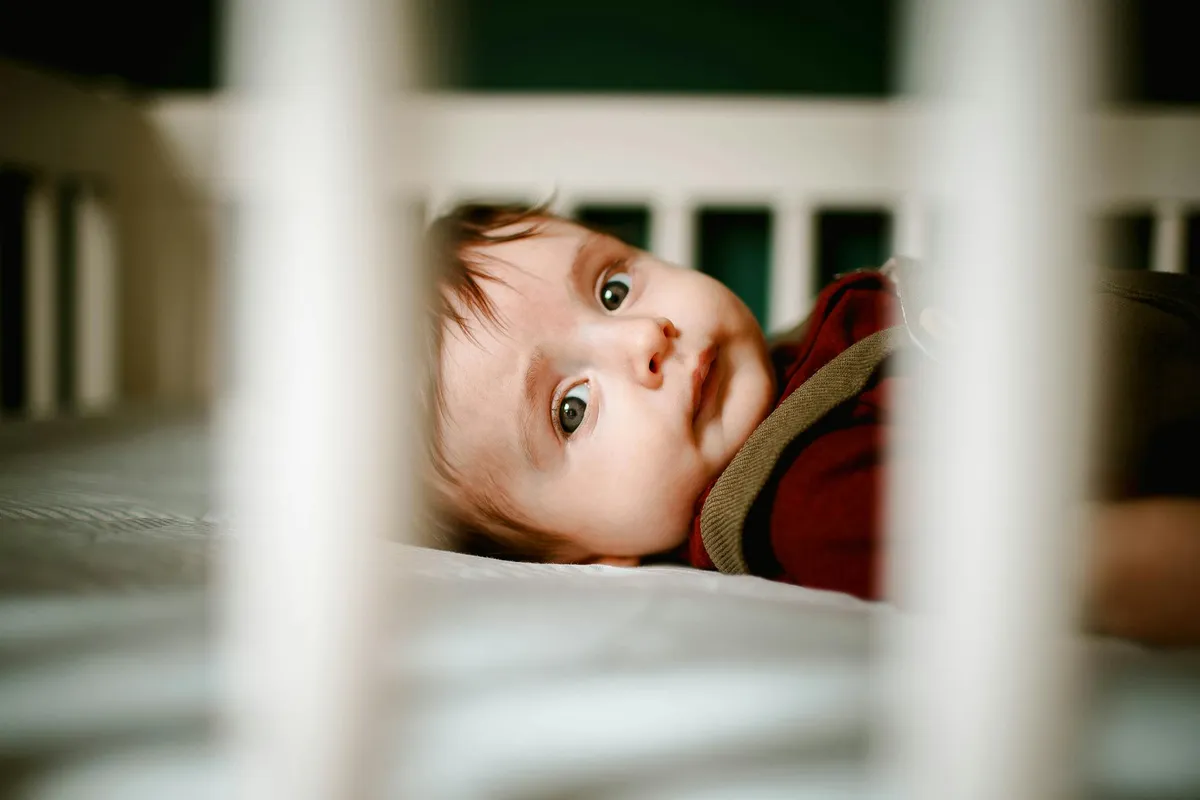
The authorities searched for his mother, but she had vanished. When no relatives came forward, Max entered the foster system. I couldn’t get those solemn eyes out of my mind, and six months later, I became his mother… on paper, at least.
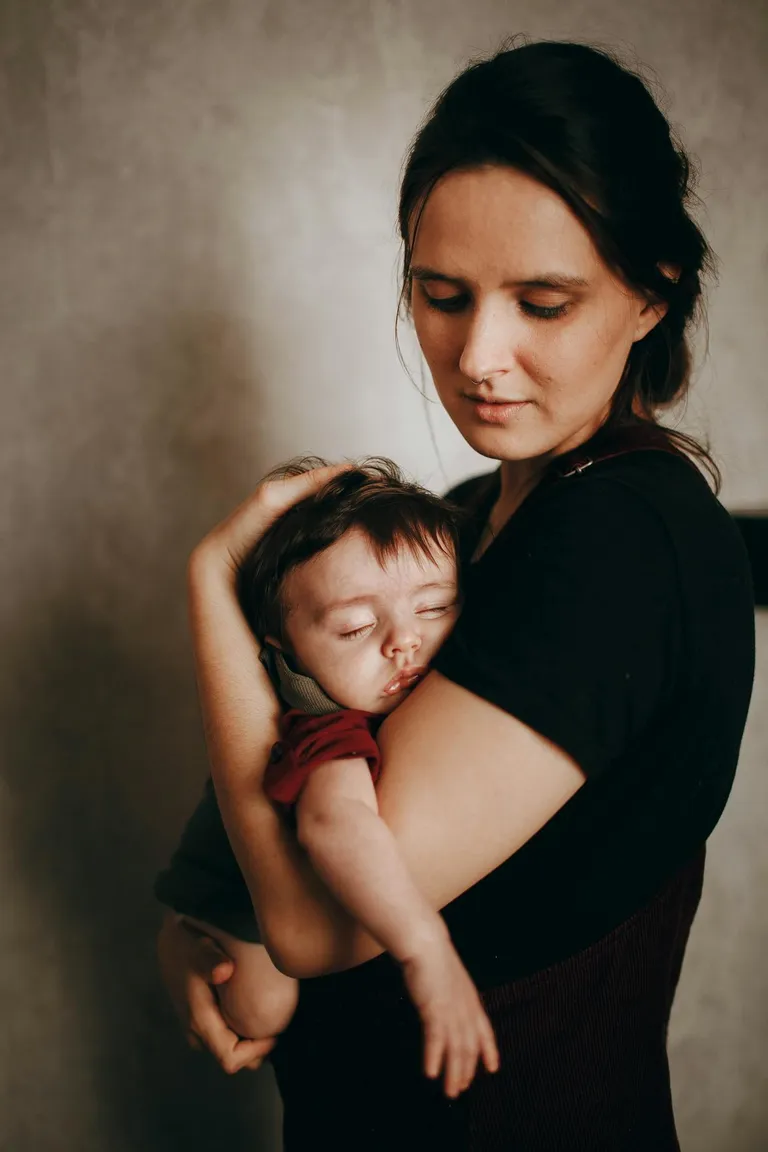
“You’ll live with me now, Max,” I told him on the day the adoption was finalized. “We’re going to be a family.”
He studied me with those serious eyes. “Until my real mommy comes back?”
His words stung, but I forced a smile. “I’m your mommy now, sweetie. And I promise I’ll never leave you.”
He nodded, unconvinced. That doubt in his eyes never fully disappeared, no matter how hard I tried to earn his trust.
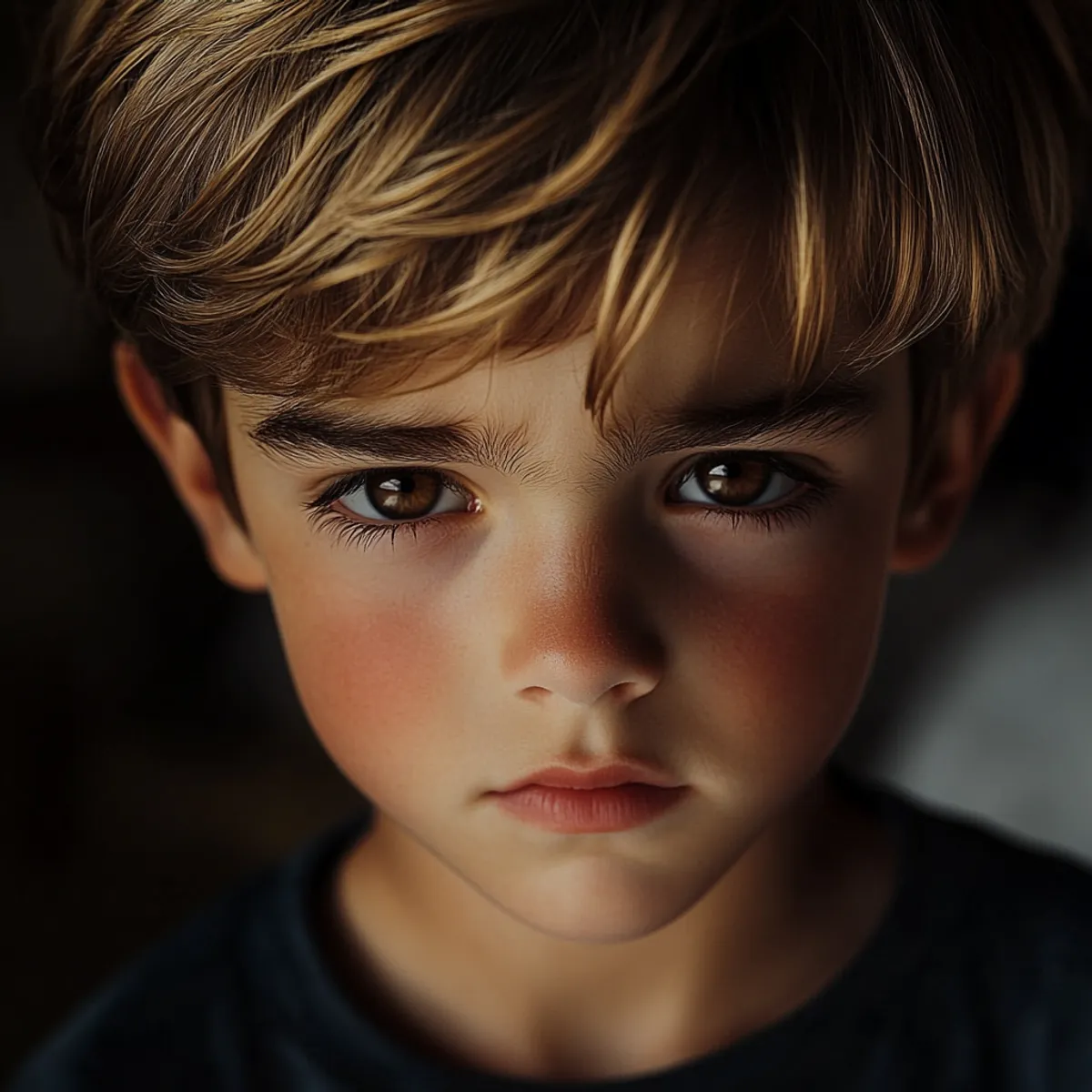
Max was quiet, watchful, and slow to smile. When nightmares woke him, he’d call out not for me, but for a mother he couldn’t even remember.
“Tell me about her,” he asked once, when he was seven, as I tucked him into bed.
“I never met her,” I said carefully.
“But what do you think she was like?”
I hesitated. “I think she must have been brave.”

“Sometimes the bravest thing a person can do is admit when they can’t handle something,” I said, choosing my words carefully. “Maybe she knew you deserved better than what she could give you.”
His expression remained doubtful. “Do you think she thinks about me?”
I brushed his hair from his forehead. “I can’t imagine anyone forgetting you, Max.”
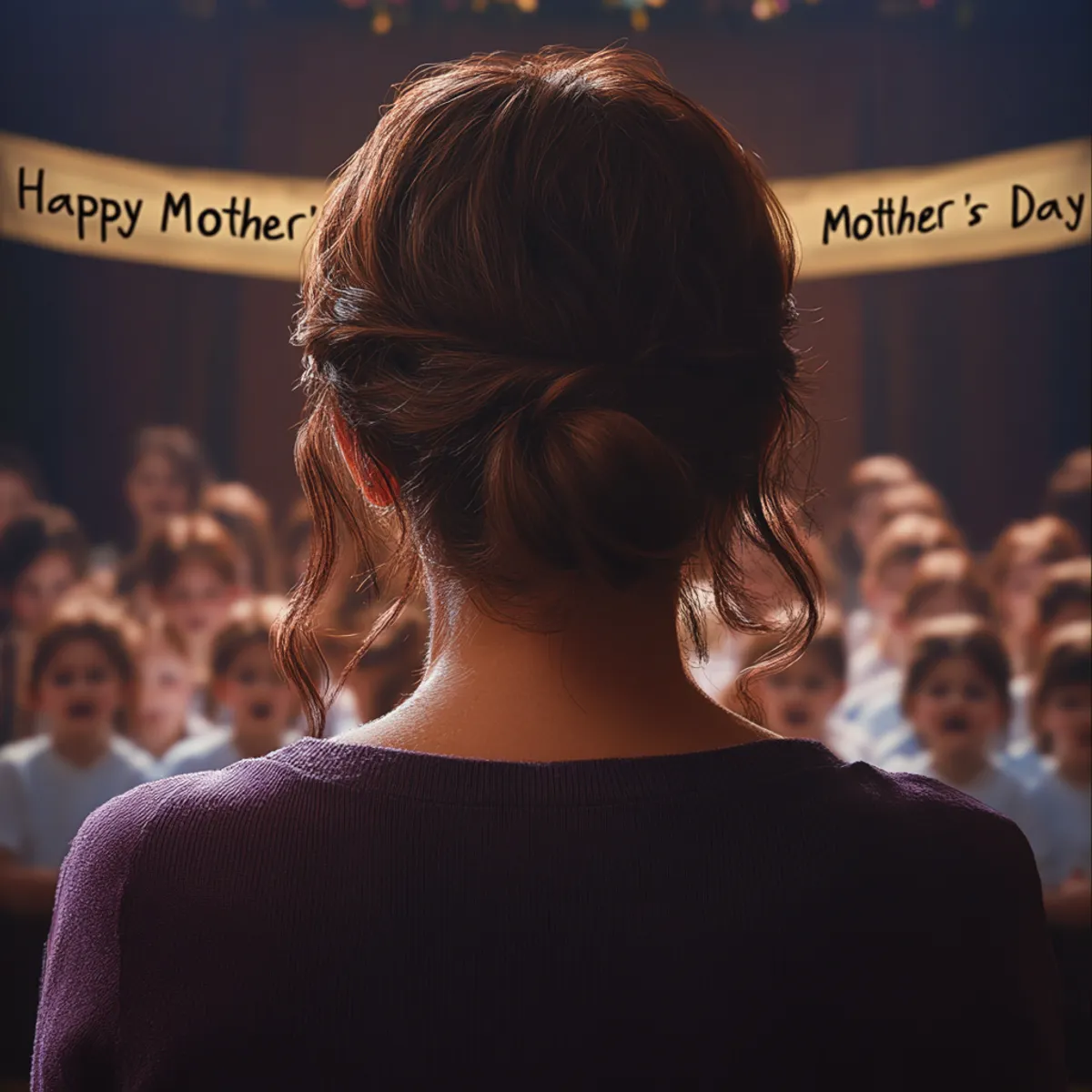
That night, like many others, he fell asleep clutching the worn teddy bear that had been with him in that cardboard box… his only connection to the woman who gave him life.
By the time Max turned eight, it was clear he’d built a wall between us. On Mother’s Day, his fourth-grade class organized a special assembly. I took the afternoon off work, dressed in my nicest blouse, and arrived early to secure a good seat.
As the children filed onto the stage, I searched for Max’s familiar face. He wasn’t there.
His teacher approached me afterward, concern etched on her features. “Max refused to participate. He said you weren’t his real mother.”
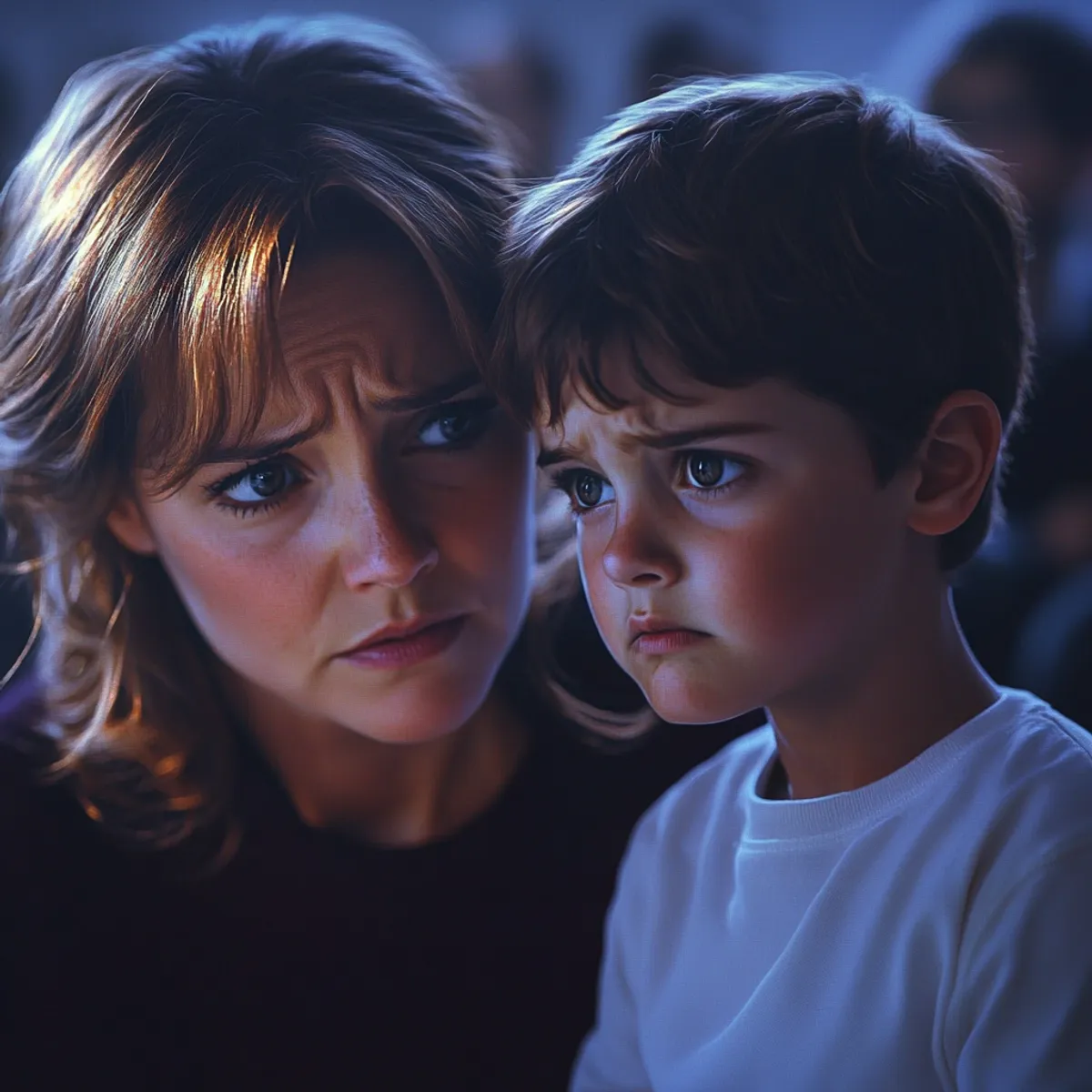
My smile stayed fixed, though something cracked inside me. “He’s adopted… it’s complicated,” I explained.
Later that evening, I found Max in his room, drawing space rockets, his latest obsession.
“You missed the assembly, Max.”
He didn’t look up. “It was for mothers and their kids.”
“I am your mother.”
“You know what I mean.” He finally met my gaze. “My birth mother.”
But Max wasn’t willing to accept me as his mother. At his soccer games, he’d wave to me politely after a goal instead of running into my arms like the other kids. When introducing me to new friends, he’d say, “This is Elizabeth,” and never “my mom.”
At doctor’s appointments, he’d correct nurses who referred to me as his mother: “She’s my adoptive mom.”
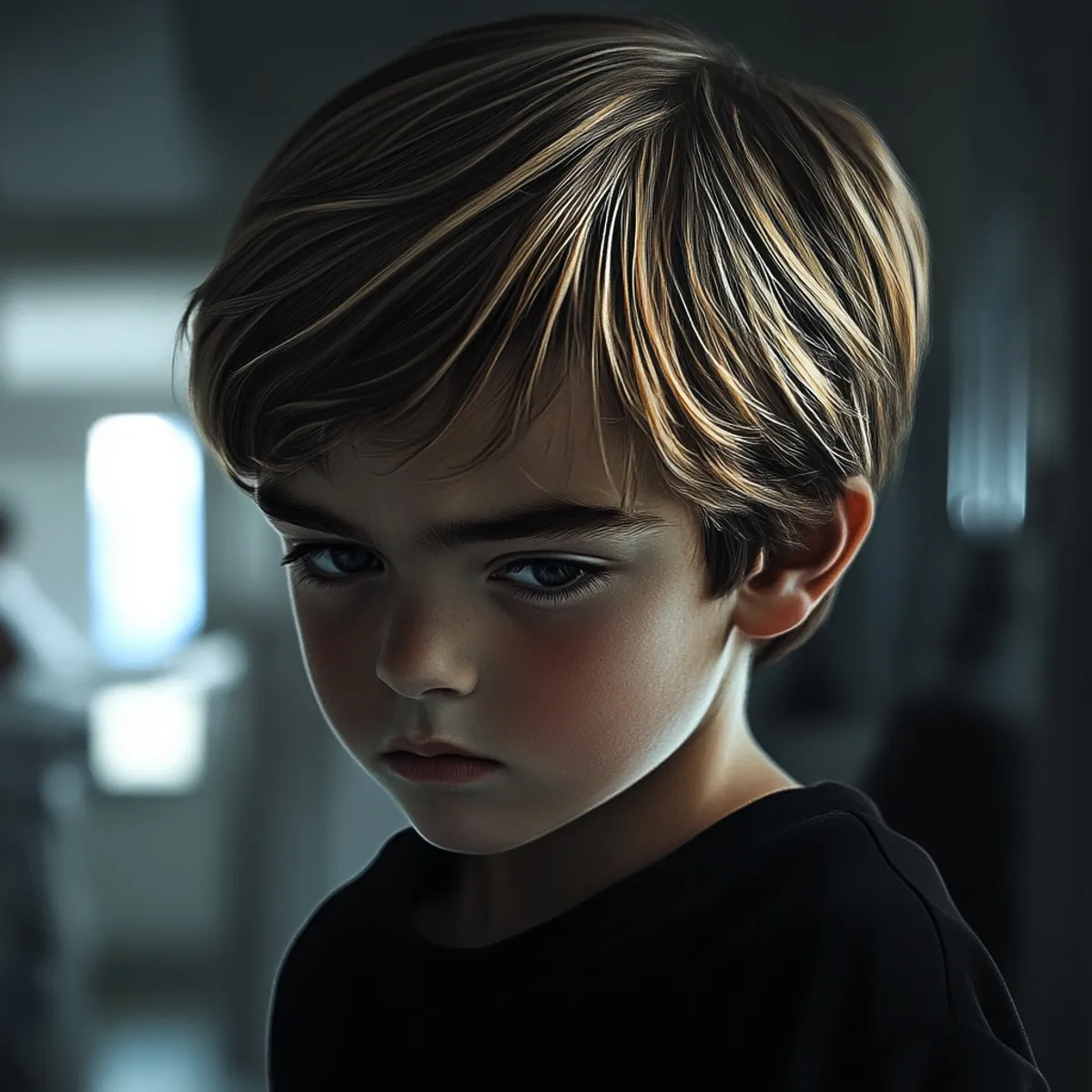
Each time, I told myself not to take it personally.
He was processing complex emotions about abandonment and identity. Yet each small rejection stung, a reminder that despite my best efforts, I remained a substitute for the mother he lost.
On his last birthday, I arranged a surprise party with all his friends. As the day wound down and guests departed, I found Max alone on the front steps, staring down the street.
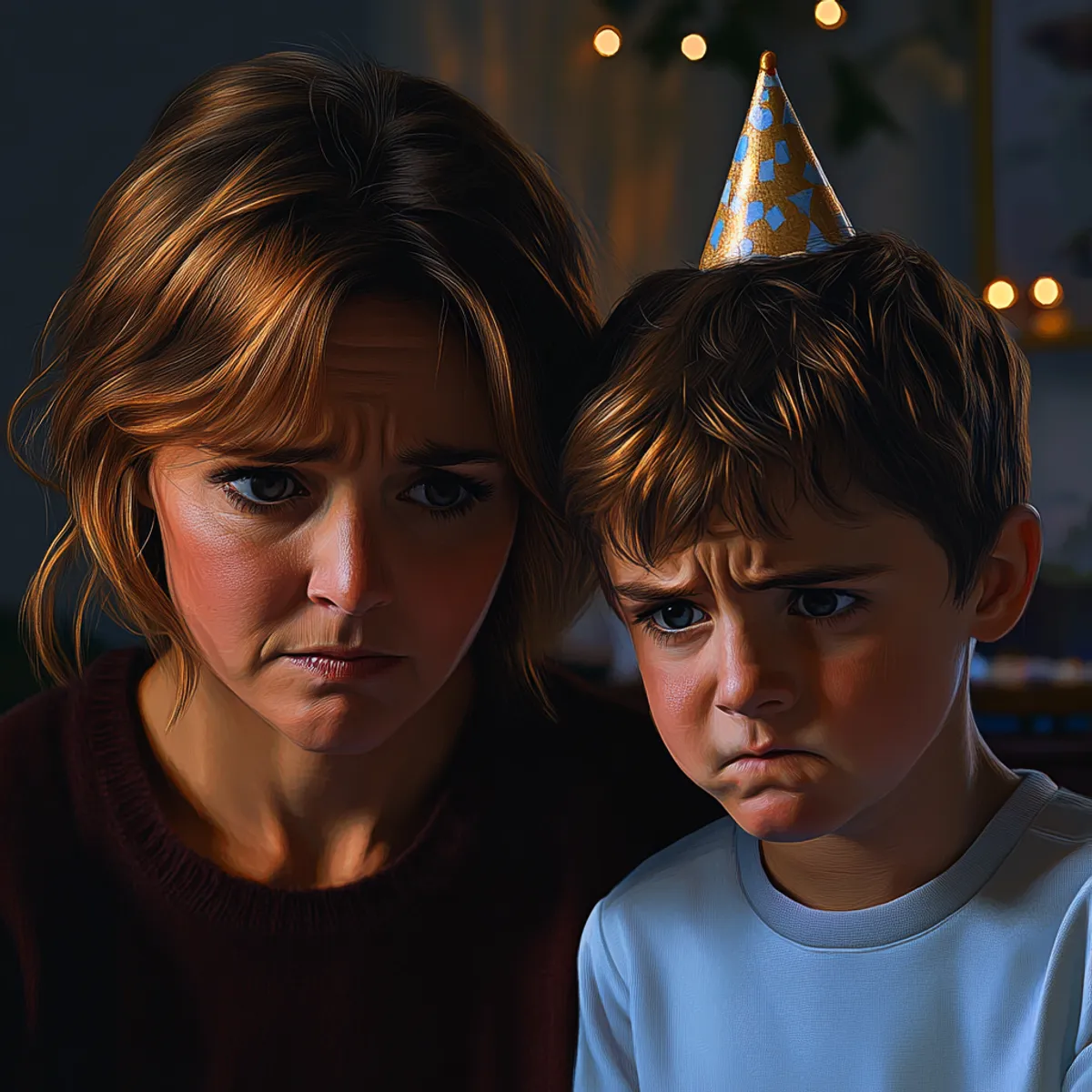
“I don’t know, honey.”
“I bet she doesn’t even know when it is,” he said, his voice small.
I wrapped an arm around his shoulders, feeling a small victory when he didn’t pull away. “Anyone would be lucky to know you, sweetie. Never forget that.”
As we sat there in the gathering dusk, I wished I could erase the hole in his heart that I could never seem to fill, no matter how much love I poured into it.
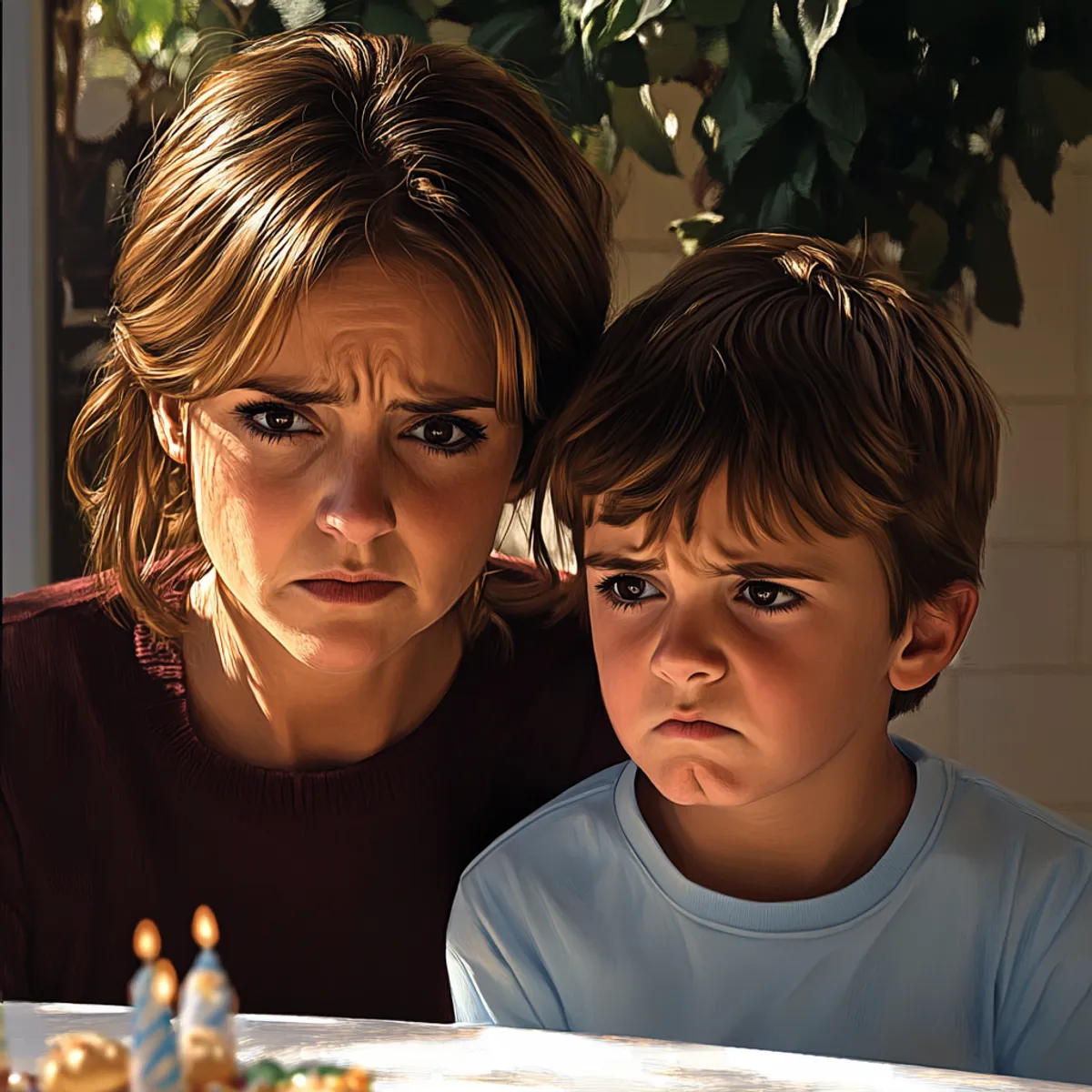
Max’s 11th birthday arrived on a perfect autumn Saturday. I made his favorite breakfast—chocolate chip pancakes shaped like spaceships… and we spent the day at the science museum before returning home for cake and presents.
“Just one more,” I said, handing him a small wrapped box as we sat at our kitchen table.
Inside was a silver watch that had belonged to my father. “It’s a bit big,” I said as he slipped it on his wrist, “but you’ll grow into it.”
“Thanks,” he said, examining it with genuine interest… a rare moment of connection that made my heart swell.
Then came the knock at the door.
“Are you expecting anyone?” Max asked.
I shook my head, puzzled, and went to answer it.
The woman standing on our porch was elegantly dressed, with dark hair pulled back in a sleek ponytail. Her eyes darted nervously past me into the house.
“Can I help you?”
“My name is Macy… I’m Max’s mother.”
The world tilted beneath me. Eight years of silence, and now she appeared as if she had every right to be here.

